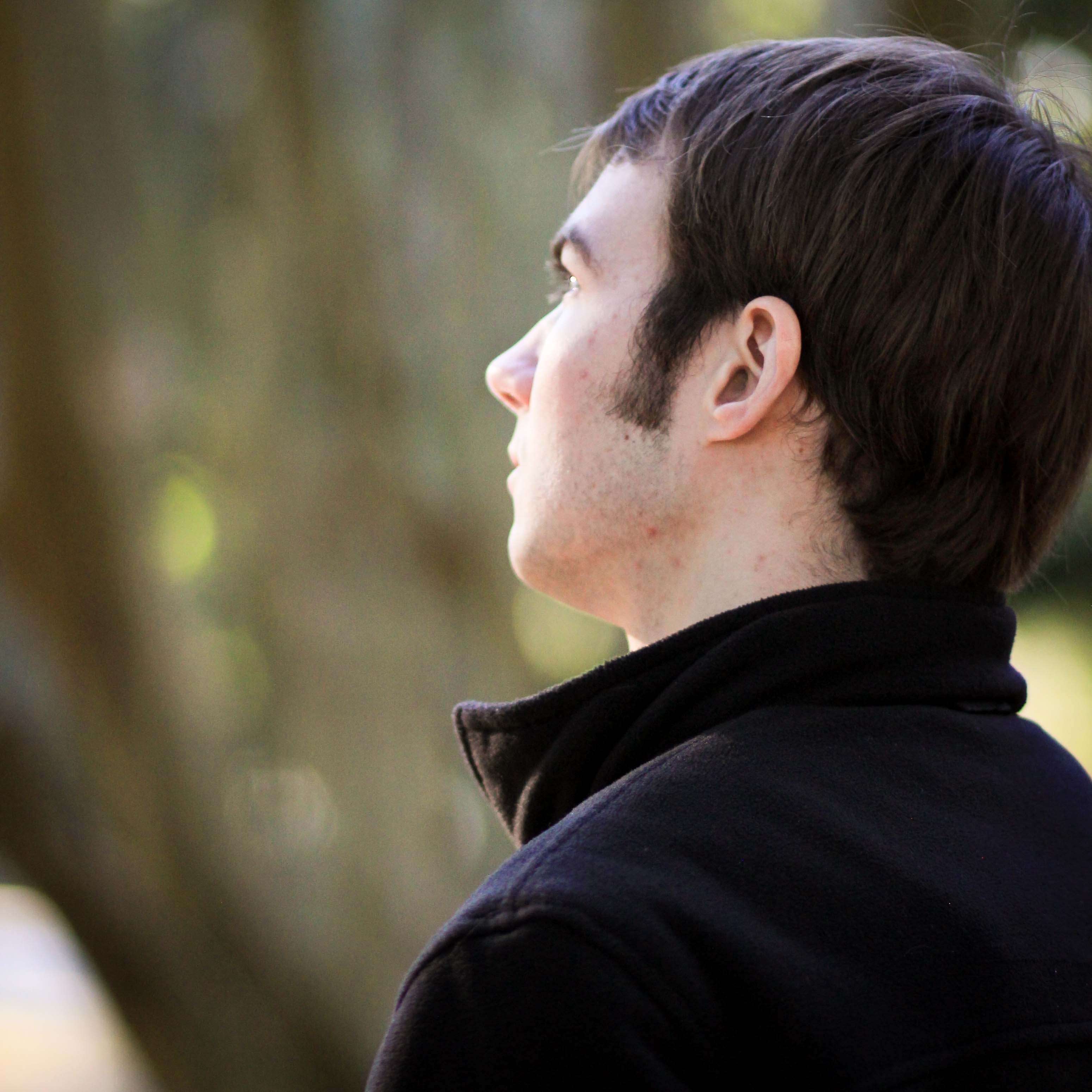About
Franklin Robert Sartain (b.1993) is an aspiring composer of epic cinematic music. His interest in composing was first discovered when he was an instrumental music student at the High School for the Performing and Visual Arts (HSPVA) in Houston, Texas. He studied music composition at Stephen F. Austin State University (SFASU) in Nacogdoches, Texas, and earned a Bachelor’s Degree under the direction of Dr. Stephen Lias, Dr. Maria Grenfell, and Dr. Charles Halka. He also studied under the direction of Dr. Maria Grenfell at the Conservatorium of Music at the University of Tasmania in Hobart, Australia. His music has been performed by fellow students and colleagues at SFASU and internationally in England and Australia. Frank’s musical influences include David Travis Edwards, Two Steps From Hell, Mark Petrie, Brian Tyler, and Hans Zimmer. He is currently furthering his music education at Loyola University New Orleans. Aside from composing epic music, Frank is an Eagle Scout from the Sam Houston Area Council (Texas) and a Guinness World Record Holder.
